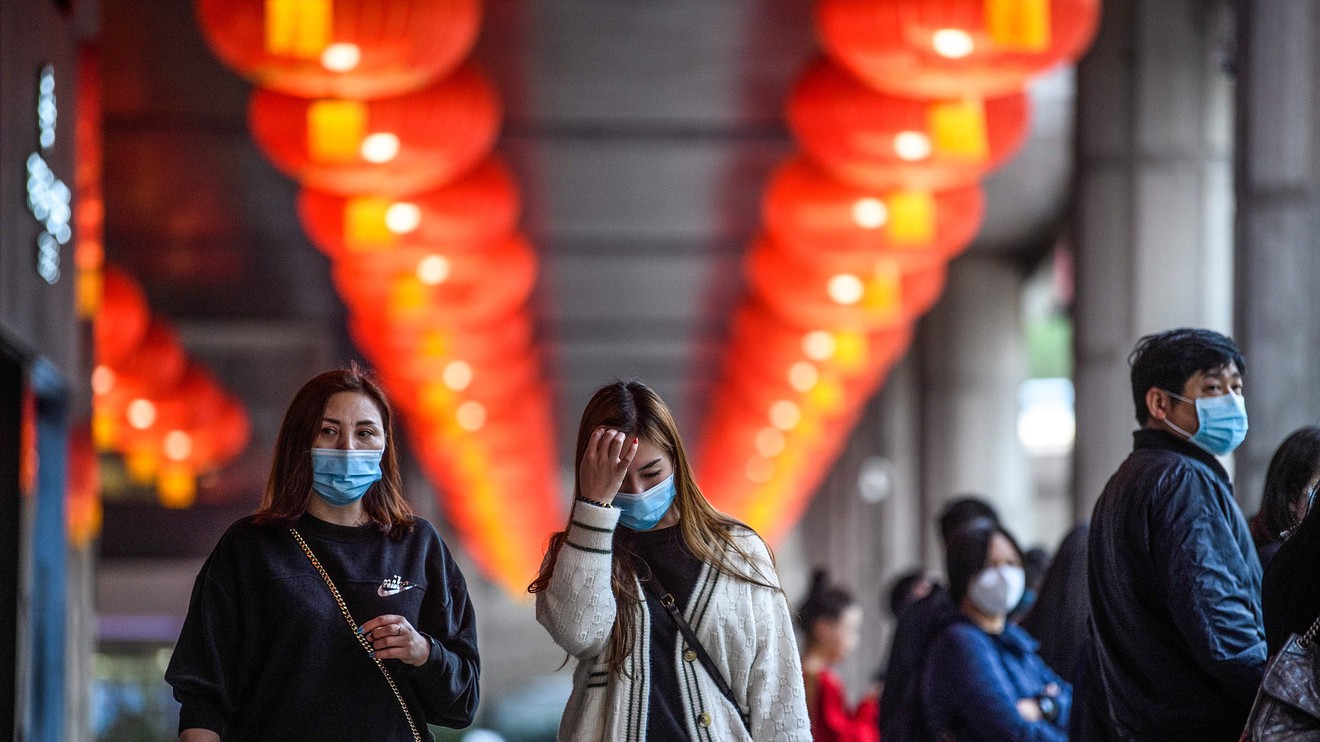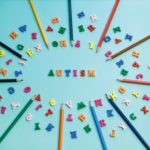Over at the University of Phoenix, a team of US-based researchers surveyed 1,055 adult participants and found increased feelings of anxiety to be the top concern amid a global pandemic mainly the result of the severe acute respiratory syndrome coronavirus 2 (SARS-CoV-2) strain.
According to the survey, aside from maintaining good physical health, nearly 40% of Americans, or two in five participants, reported feelings of unease or anxiety as their top concern, more than the problems involving the pandemic’s impact on employment and finances.
“Commissioned by the University of Phoenix, the survey found Americans have a wide variety of concerns at the current moment, with health — mental and physical — first on the list,” the study reads.
“The survey of 1,055 U.S. adults asked respondents to think about how the outbreak is affecting them and revealed it’s caused loneliness to hit new heights for 44 percent of those surveyed. And these feelings of loneliness were found to be part of a wider effect: If social distancing and quarantining continues, a fifth of respondents (19 percent) said it will have major implications for their mental health.”
“Results revealed respondents’ top concern to be their loved one’s health (71 percent), followed by their own (61 percent). Other respondents were worried about experiencing increased anxiety (41 percent) and not being able to pay bills (33 percent) as a result of the pandemic,” the findings showed.
Out of all the respondents, 68% felt everything in their lives was out of their control, while 53% highlighted the need for better methods to cope with the pandemic. Among three in ten of the participants, an inability to celebrate new milestones in their life was at the top of their list of concerns, meanwhile, 27% were most concerned with developing depression.
With many Americans experiencing a decline in mental health as a result of the pandemic, researchers also asked the respondents what they have done to improve their psychological well-being.
60% of the respondents stated that they got in recent contact or visited a loved one, 35% increased their exercise routine, and 30% limited their news consumption, to curb the effects of the coronavirus outbreak.


